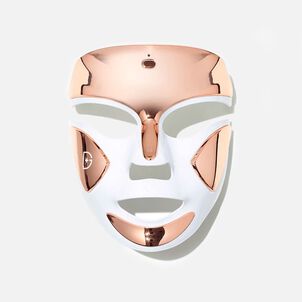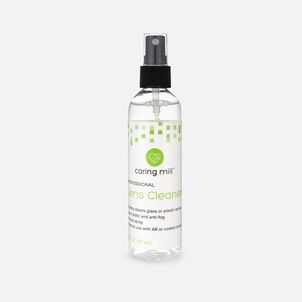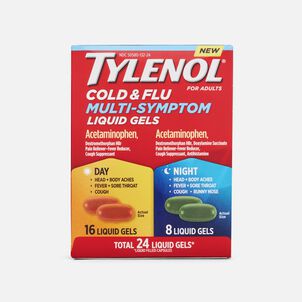How do HSAs factor into the growing freelance boom?

A lot of people consider using the new year as an excuse for a new start. Maybe it's a better diet. A commitment to travel more. And for some, it might mean a new job with more flexible, reasonable hours. Which is why we're hearing so much about the gig economy.
Contract work, freelancing, moonlighting -- the way the world works is changing in a very big way. The current work climate sees more and more people choosing to leave traditional workplaces and pursue self-employment, because of the freedom they have to choose their work environment, set their own hours, and maybe even add a little more variety to their chosen profession.
Plus, with the exponential growth of connectivity, it's easier than ever to stay connected to companies and clients remotely. This increased focus on contract work means workers have an abundance of new career options, while companies can hire the right people for their needs… not just the best people within driving distance.
So... what's the concern?
Plainly speaking, not having a full-time employer means dealing with an increasingly competitive freelance arena, and the lack of security and stability that comes with it. While there are plenty of health insurance options available to gig workers, the medical and retirement benefits that come with a full-time, salaried role are still mostly better for the employee.
Given these challenges, for many people making the leap to self-employment ensuring they're covered by health insurance might not be a top concern while sorting out the cost-benefit analysis of leaving the traditional workforce for the gig economy.
But if you're an HSA owner, you can breathe a little easier when venturing into the independent workforce. If you had an HSA with a previous employer, you can make the leap to independent employment with money already saved for health care needs. It might not be ideal, but it's your money to use for medical costs as you see fit.
And if I don't have an HSA?
Even if you don't have an HSA from a prior full-time role, an HSA is a very attractive, attainable option when sorting out the health insurance landscape as an independent worker.
To qualify for an HSA you have to be enrolled in an HSA-qualified high-deductible health plan (HDHP), not enrolled in any other medical coverage (such as Medicare), and can't be claimed as a dependent on someone else's tax return.
What makes this combination attractive is that HDHPs generally have less-expensive monthly premiums than more traditional plans – something price-conscious freelancers will appreciate. In turn, the HSA is building a reliable savings fund for use whenever needed. For the self-employed this means more of their money is going into the savings account and less toward monthly premiums.
Not only is the upfront cost lower, but this high-deductible, lower-premium pairing can encourage a little bit of frugality with your medical spending. In other words, if your deductible is high, then you might not run to the doctor every time you have a cold. Plus, the set deductible protects you from the financial burden of big medical bills, should something more serious happen.
Finally, your HSA funds operate similarly to an IRA, in that you can invest the money in outside investments, like mutual funds or bonds, while the earnings remain tax-free, as long as you use the money to pay for legitimate medical expenses.
IRS 101
Freelancers often work to reduce their taxable income by as much as possible each year through deductions, expenses and even end-of-year capital expenditures. An HSA can become part of a strategy to reduce taxable income while saving money for health expenses that can be used tax-free at any time.
For all other expenses, we encourage patience. Before age 65, tapping into an HSA for non-qualified withdrawals comes with a steep 20% penalty, plus that money becomes taxable. So you might want to hold off on that vacation. But once you turn 65, this money can be withdrawn penalty-free for any reason (income taxes apply).
Being 65 might seem far in the future for many freelancers, but putting money into an HSA that doesn't get spent on medical expenses eventually turns into a tax-free retirement savings account.
We understand that leaving the traditional workforce for contract work can be daunting. Gig workers can face the challenge of keeping up with multiple clients, tracking payments, and dealing with a more haphazard work schedule than even those who own small businesses.
But with an HSA as part of your health care and savings plan, your physical and financial well-being doesn't have to be a part of the stress.

.png)
















